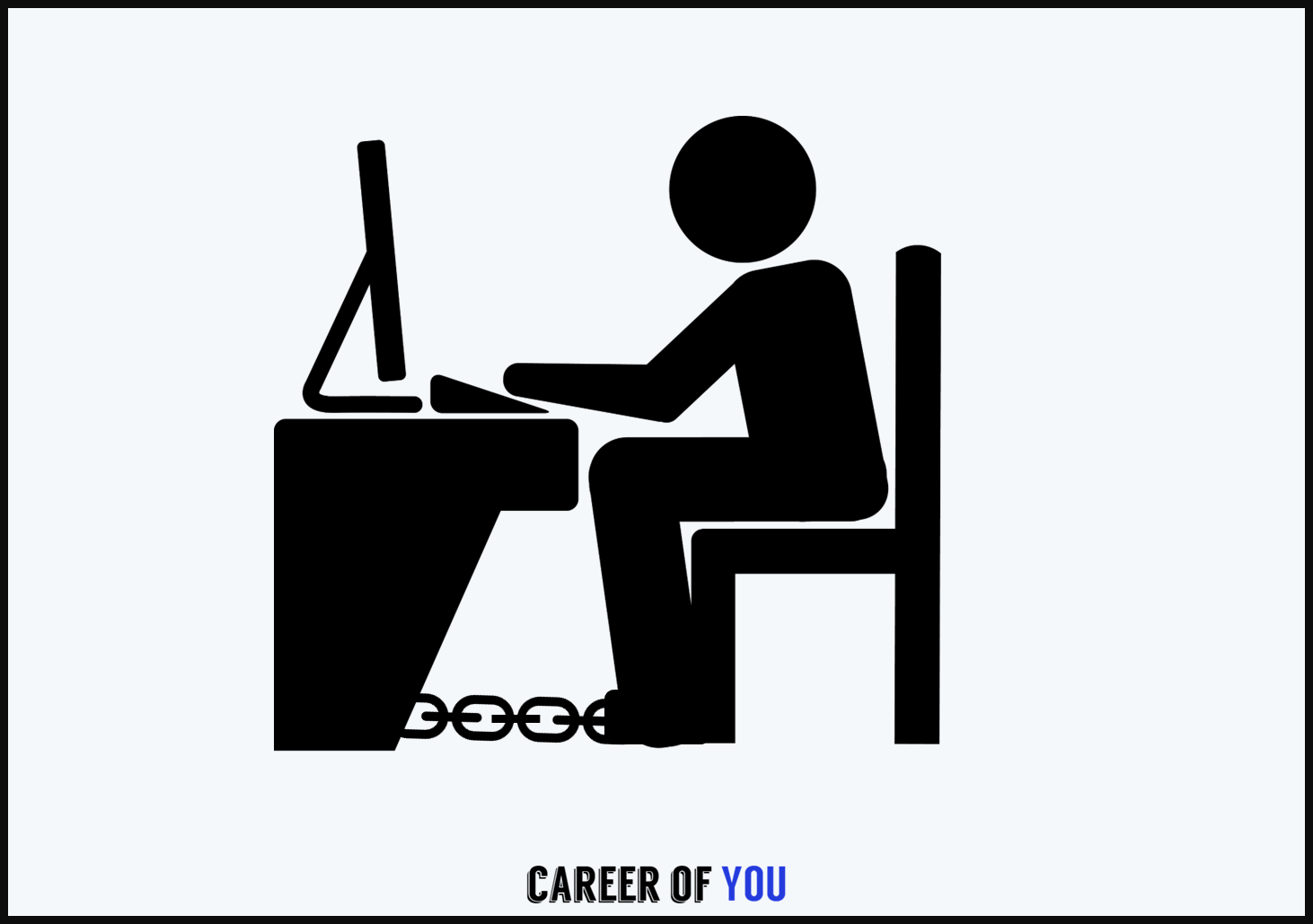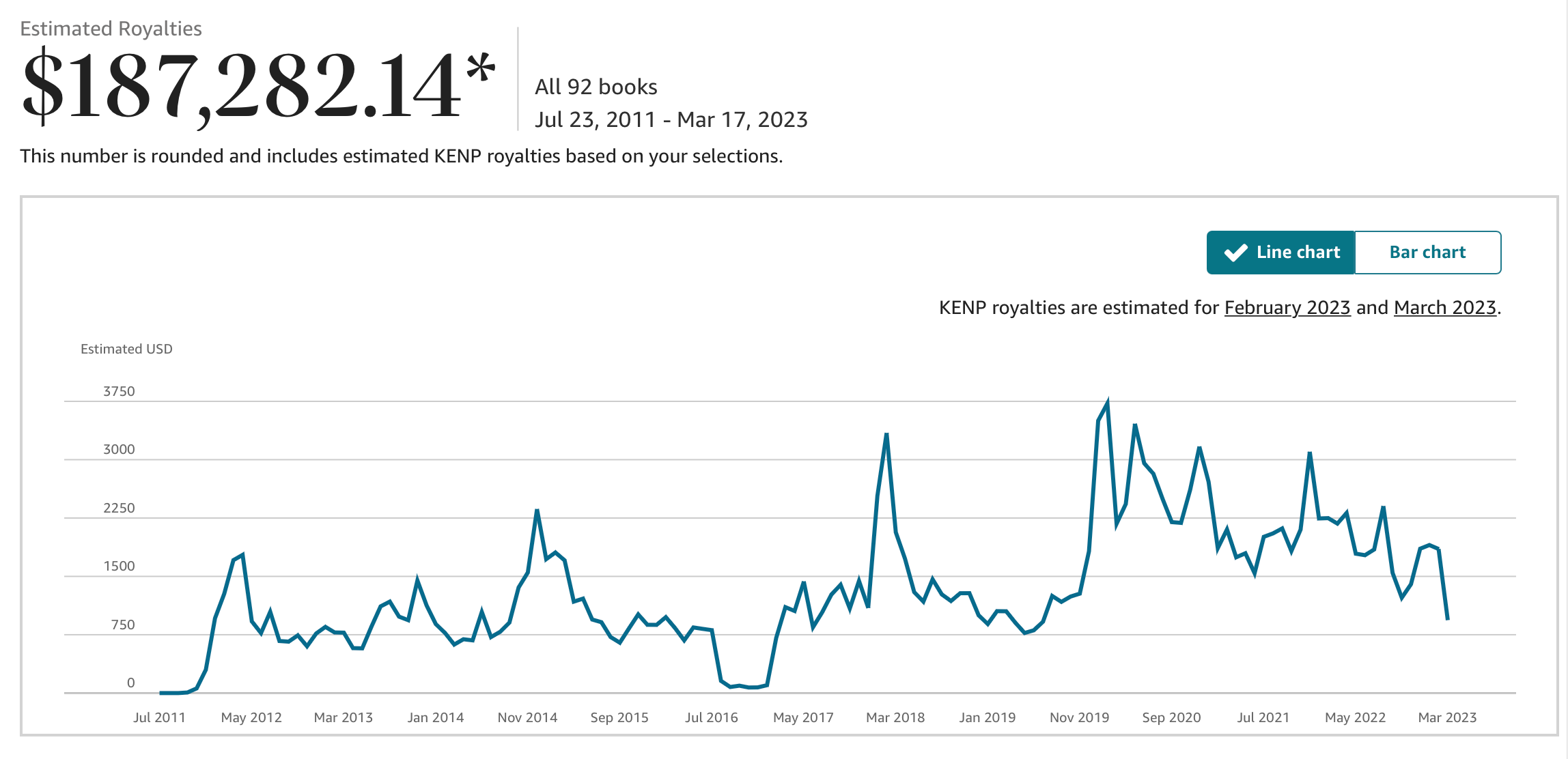Five lessons that can help you make a successful career change
I believed I had done everything right.
I paved my way through business school, getting an MBA, and landing a job at a major corporation. But a few years later, things started to change. The department I was in went through redundancy rounds — my team went from 250 people to 12. I began to explore new roles within the company but found that what I’d been doing in my career was so specialized that it wasn’t transferable to other, more conventional roles.
At that moment, I realized my career was going nowhere. I’d given responsibility for my future over to someone else.
I was 30 years old, had just gotten married, and realized I had to restart my career.
Research suggests I’m not alone in hitting this inflection point. Astonishingly, 80% of us realize we are in the wrong job in our 30s. If you’re in this position, I can tell you from experience it will be ok.
It has been four years since my career change, and I have a far more exciting career, with more options open to me than if I had stayed where I was.
If you find yourself considering a career change, here are the five lessons I learned from my transition. I hope you find them helpful as you plan your next steps.
1. Know your strengths
The first thing I did was spend a lot of time reflecting on my strengths and what work I felt most inflow doing. I started by listing out all the skills I had acquired throughout my career to date.
I then emailed 5 friends and 5 people I had worked with, asking them to email me a list of what they thought my top 5 skills were. Getting feedback from people who knew me at different stages in my life was interesting and generated some very different feedback, but common themes also emerged.
Using these commonalities, cross-referenced against my own list, I came up with the following five skills:
- Research
- Writing
- Project management
- Stakeholder relationships
- Marketing
2. Research possible career paths
Next, I created a long list of possible career paths. Firstly, I thought back to when I was a teenager to identify my interests over the years. I then added in all the various jobs I’d held. Finally, I added in careers I thought I might be interested in that aligned with my strengths.
I then went into deep research mode. It’s easy to have rose-tinted glasses about a new career, especially when you are unhappy. So, it’s important to learn everything you can about a new career path before making the jump — what will your day-to-day tasks be? What’s the long-term earning potential? What are the educational requirements necessary for advancement?
One thing that worked for me was talking to as many people as possible. Today, it’s easy to find people who have had successful careers in your desired field through LinkedIn. I wrote to hundreds of people online, which led to a series of coffee chats and informational interviews. This helped me understand my short-term salary expectations, how quickly I could expect to advance, and assess the value of investing in training from a potential employer’s perspective.
It also helped me eliminate options from my long list.
For example, for a long time, I was keen on retraining as a lawyer. Through these conversations, I realized that this would require a conversion course, a law degree, and then several years of training. Add in the reality check that employers receive far more applications than they have available training contracts, and it was going to be a long shot. Someone would have to take a chance on me, against candidates more than a decade younger.
I concluded that if I were lucky, I’d be pushing forty before earning a similar salary to what I was already making. I still remember the sinking feeling in my stomach when I realized this, but in truth, I’m glad I realized before spending tens of thousands on education.
3. What skills do you want to acquire?
The harsh reality is that making a career change will mean taking a pay cut. But you should try not to think about it in those terms. When I was exploring my career change, I realized I had two options.
One: stay in my high paid, high-risk job
Two: make a career change to acquire new skills
Rather than seeing the change as a loss of income, I chose to view it as an investment in my future. I considered what skills the pay cut would buy me and how long it would take for those new skills to provide a return. This is possibly one of the best pieces of advice I could give to anyone.
Look at your career as an investment in your life. Sure, you might earn less at first, but in a few years, what options will be available to you that weren’t previously? If you plan it right, you might even earn more in the long run.
4. Sort your finances out
That doesn’t take away the fact that when you make a career change, you are taking a calculated financial risk, and you should expect a lower salary in the short term.
Work out what you need to live on, at a level that isn’t going to make you feel like you’re being forced to live a lifestyle you are unhappy with. Then build up some savings before making the change. It will make the transition much easier.
Before you pay for education, have a conversation with prospective employers to see how much they will value it. Often, experience is far more valuable to them than further study. In some cases, you might find that a new employer will help you subsidize the cost of a course.
5. Don’t underestimate the psychological impact
I completely underestimated how much of my sense of self was wrapped up in my job. I went from being head of a department in a large corporation on a six-figure salary to essentially working as a graduate in a consultancy firm.
My wife and I sold our car, and we moved from our beautiful home on the river Thames to a tiny London apartment. In reality, the financial adjustment was not as challenging as I had expected it to be, but the loss of prestige and self I felt nearly broke me. I can remember weeping in bed the second day of my new job, and all I could say was, “I want my old life back.”
I’m lucky as I have an incredible partner in my wife, who helped put me back together.
It’s difficult to know what to say about this facet of a career change. The best advice I can give is that you need to acknowledge it will be hard and that it’s a transition, and by its very nature, temporary. I’m on the other side of my transition and am so much happier and fulfilled for it.
Still, it’s a good idea to get your support network in place before making the jump. Family, friends, a good therapist; make sure you have people to lean on who can support you through the change.
And remember, it is just a job, what you are currently doing to earn a living. It doesn’t define you, despite what you might be feeling.
The other side of my career change
It’s been four years since my career change, and I couldn’t be happier. New options have opened up to me that would never have been possible if I hadn’t made the jump. I’ve moved to a new city, made new friends, and have more career capital than I would have if I’d stayed in my old job.
Oh, and my salary is back to where it was four years ago, and will likely go higher.
If you’re in your 30s and thinking about a career change, my advice would be to go for it. Research and plan before you jump but take the risk.
You’re likely to have 40 more years of work in front of you — you owe it to yourself to do something that makes you happy.
The Mini Post-Grad Survival Guide
A 5-day email course with tips on budgeting, investing, and productivity for 20-somethings. Sign up for free.





